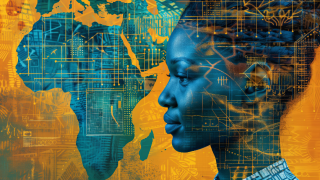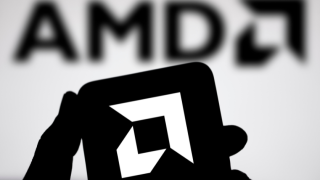The solution, from Ericsson, is made up of solar panels, rechargeable batteries and diesel generators.
Digicel Pacific’s contract with the equipment vendor will involve the upgrade of its existing 2G network in the country to 3G.
It said that the hybrid technology being used for the upgrade is particularly suited to a country such as Papua New Guinea which has a largely rural population. Only 18% of its population live in urban areas.
Rajendra Pangrekar, president and head of Ericsson Philippines and Pacific Islands said: "The solar hybrid power solution is specifically suited to extremely isolated areas outside the power grid, where the materials and manpower can only be delivered by helicopter.”
The rechargeable batteries and solar panels lower the need for manpower which reduced operational costs, he said.
Digicel Pacific has been operating in Papua New Guinea since 2007 and has more than 600 GSM sites in the country.
Stephen McNamara, researcher, New Zealand and South Pacific Region from BuddeComm explained that since Digicel entered into the Papua New Guinean market mobile penetration has doubled and prices dropped. "With fuel costs decreasing by up to 90%, the long-term savings will pay for the installations with the mobile subscribers being able to communicate and play in the e-commerce transactions of the world. The economic benefit will then flow to the country," he added.
The upgrade means consumers in Papua New Guinea will enjoy mobile broadband services for the first time.
Pangrekar added: “We’re seeing great interest from other operators in the region for these types of solution, as more focus is put on saving operation cost and moving to more environmentally friendly solutions."




